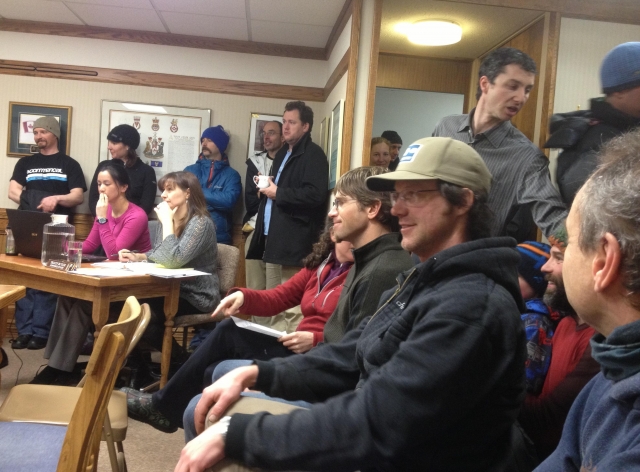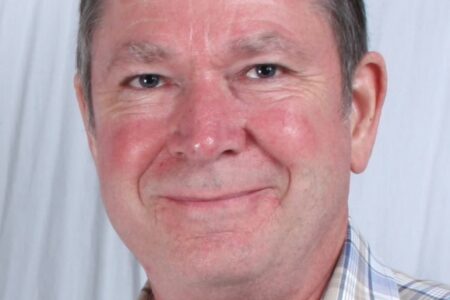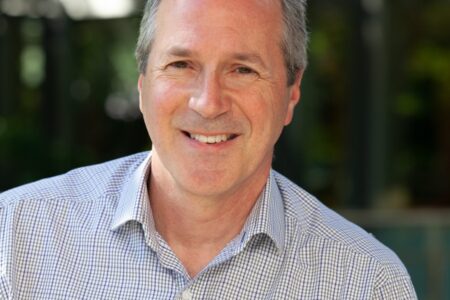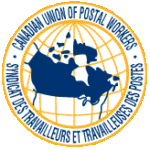Trails Society rolls into City Hall with a horde
It was standing room only in council chambers yesterday evening—crammed on all sides of council and spilling out the hallways—as the Kootenay Columbia Trail Society (KCTS) presented to council about the value they bring to Rossland.
A draft financial document used in an exercise by council to consider future tax implications had neglected to put the usual $19,000 in the KCTS line. Coupled with council discussions about potential budget cuts in general, KCTS jumped into action with a pre-emptive strike to lay out their case.
KCTS Presentation
KCTS president Isaac Saban told council that the 145 kilometre network is used 120,000 times per year, includes one of only 60 international mountain biking association “epic” trails—the Seven Summits—and aligns with five of the eight Official Community Plan goals.
Putting it in perspective, Saban said the $19,000 the city spends annually on KCTS would pay Saban for 150 hours of work at his day job as an engineering consultant. Saban said he puts in that many hours volunteering for KCTS, along with seven other directors and a host of other committed volunteers.
The trail network itself, if it were to be built from scratch, would cost $2.2 million. “That’s the value of the infrastructure,” Saban said. Its maintenance is a big part of KCTS work, using some 3500 volunteer hours per year, plus hired crews.
On top of that, as the network expands other individuals are inspired to go build and maintain new trails, Saban said, working with the KCTS to make sure it’s all above board.
Keeping it “above board” is a big part of why the trail network even exists. Saban explained that the KCTS maintains 27 separate land access agreements that allow the network to cross private land, plus one for Crown land. The private agreements range from short crossings over land owned by one individual, to big sections on Teck’s land that require complex agreements and work with two lawyers, a paralegal, land managers, and so on.
“In total, we work with about 150 people,” Saban said. Besides civic pride or feeling like good corporate citizens, “they get nothing for offering the land to the public other than risk.”
“In return for risk, we offer liability policies that require we maintain the trails,” he explained. “If we don’t maintain the trails every year, the insurance is null and void: no insurance, no land access.”
Because of the extent of the trails and the complexity of the current arrangement, Saban said he thinks that if the trail network were allowed to go under, “we’re unlikely to see another.”
Public input
Saban was accompanied by more than 70 KCTS supporters. We’ve selected some of their comments below.
Tyler Merringer, owner of Revolution Cycles in downtown Rossland recalled that his first year of business, 10 years ago, was the same year the Seven Summits went in, what he calls KCTS’s crowning achievement. The trails network brings “massive financial benefits” he said, as well as lifestyle benefits, but “city support is crucial,” he said, so KCTS is able to leverage it for more funding and volunteer effort.
“KCTS is a model in international trail symposiums for how to do it right,” Merringer said.
Norm Fraser came as a representative for Red Mountain. He said, “KCTS is absolutely critical to our community and to our success at Red.” The “two seasons feed each other,” he said, “they work together hand-in-hand” as people who come in the winter choose to come back in the summer and vice versa.
Fraser, who works in corporate sales and with accommodations at Red, called the summer “a real season of [economic] growth, an opportunity. Every amenity this town can offer is so important.”
Dan—last name not known—said the groomed trails were “mint.” “It does not matter how much it rains, the trails are dry,” he said. “I’m not going to come to Rossland for the restaurants or to walk on the main street. But I’m going to come for the bike trails.”
Jennifer Gilhula of the Rossland Motel said the trails network “is an integral part of my business.”
Natasha Lockey of Betty Go Hard echoed those sentiments. She credits the trails network with being able to employ people to work with her as she offers outdoor adventures, to build on her shuttle company, and to increase summer lodging at the Red Shutter Inn.
“I strongly support the KCTS,” she said, “and I’m very thankful for everything that’s been done to date.”
A voice in the back of the room said, “Sounds to me like you should double the grant,” which received whistles and applause.
Other residents pointed out the value of the trail to hikers and runners and “free range dog walking,” as well as bikers, and that you meet people from “all over the place” on the trails. “It’s almost over-used,” said one resident.
Graham Tracey told council about his four year old pedaler who knows the names of the trails, can find his own way, and has “outstanding” fitness relative to other youngsters his age living in other areas without access to trails. “It’s important to youngsters,” he said, “I’ve seen it time and time again.”
Dan had the last word, looking around at the masses: “In Rossland, you can close the school, but don’t touch the bike trails,” he joked.
Council reaction
Coun. Kathy Moore congratulated the KCTS on their “outstanding job,” and the “strong value” they offer the city, allowing the resort municipality to “compete with larger towns.” She asked if the new trail, about which Saban presented to council in April, would be used in winter as well.
“There’s no reason it can’t be,” Saban said.
Coun. Tim Thatcher asked where the number of 120,000 uses came from.
Trails Manager Stewart Spooner replied that certain trails have counters buried in the trail, and a study done by Tourism Rossland with Tourism BC last year involved counts on particular trails. Use on other trails was extrapolated using information from work crews. “We make some good estimates,” Spooner said.
Coun. Jill Spearn said in her budget notes she had “no brainer” written beside KCTS. It’s “huge infrastructure” she said, and related an exchange she’d had with one resident who disapproved of city money spent on infrastructure besides “pipes and roads.” Spearn had argued that trails are infrastructure, particular as Rossland “moves in many ways from a community that uses parks and arenas to a community using the trail system.”
Coun. Kathy Wallace also confirmed, “I have been a supporter [of KCTS], and will continue to be a supporter.”
Wallace cleared up that there “was a little bit of misunderstanding.” She explained that a partial draft budget had been presented to “as a way for council to understand” costs and tax implications associated with the downtown renovation.
“This [KCTS and the trail network] is part of our community, and no decision was made otherwise,” Wallace said.
Mayor Greg Granstrom concurred, “We’re very aware of value of trails to city, there’s no question on that.”


























